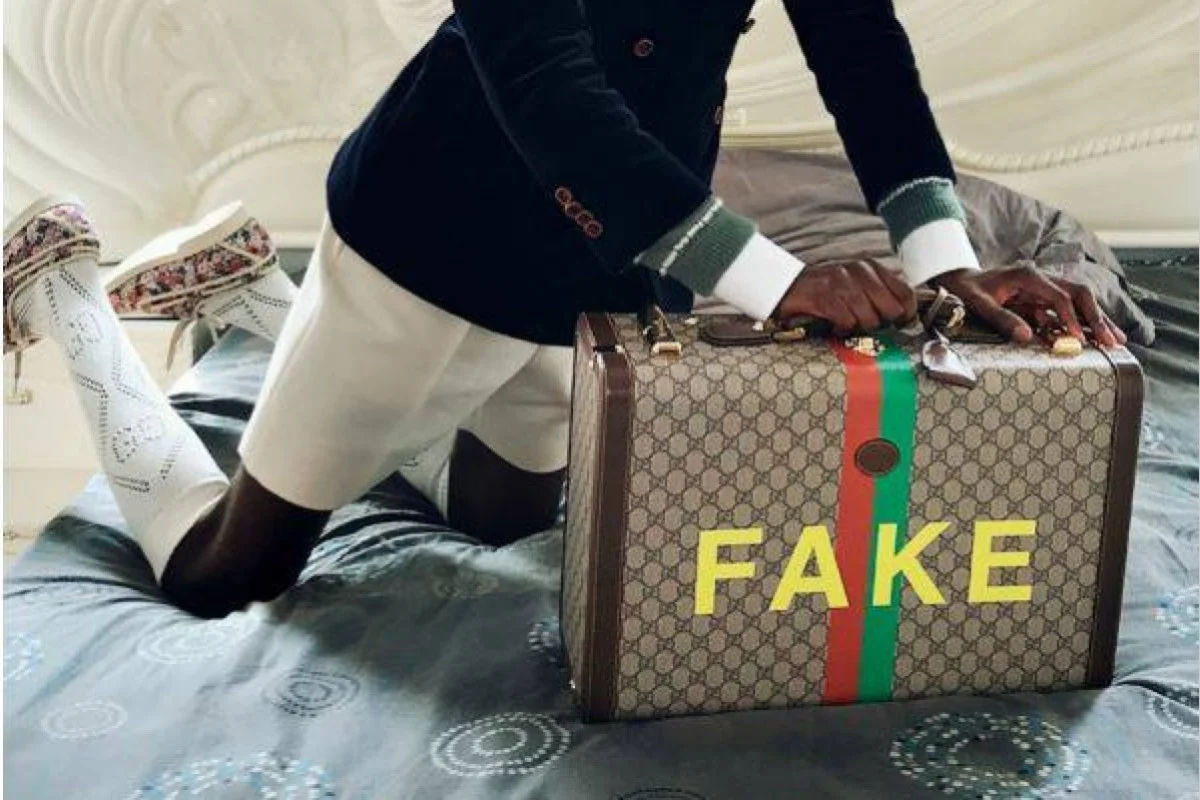- The global counterfeit products market is worth 3.3% of the worldwide trade value.
- Several factors, including technological advancements, are behind the rise in the vice.
- Statistics show that China is the leading source of global fakes.
The global counterfeit goods market has grown exponentially in the last couple of decades. A BanklessTimes.com analysis drawing from OECD’s data shows the value of this market is 3.3% of the global trade. This segment continues thriving because the transnational nature of counterfeiting and piracy makes tracking and combating the vice difficult.
The primary reason behind the prevalence of counterfeiting is that it’s a highly profitable industry for its purveyors. Counterfeit goods generally sell at a lower price than legitimate products. But manufacturers of these products still make high profits because they don’t incur the same costs as genuine manufacturers.
China is the Primary Source of Global Fakes
Whereas the problem is global, China remains the primary source of counterfeits. Evidence points to 55% of the global fakes originate from China, while Hong Kong, the other significant player, accounts for 27% of those products. Other important actors are Turkey, Singapore, and the UAE.
China is also the leading trade route for counterfeits shipped by vessels. It accounts for 70% of the global total. Morocco follows a distant second with a 6% share, while Turkey takes 4% of that metric.
Left unchecked, counterfeiting can have a devastating impact on business performance and growth, leading to lower revenues and profits for brand owners. Again it may reduce economic activity with its debilitating effects. As such, it calls for concerted efforts to stem the vice.
Why Should You Care?
The global counterfeiting trade is a multi-billion dollar industry that impacts consumers and companies alike. Fake goods endanger the health and safety of consumers. They can be especially dangerous if they involve pharmaceutical products or medical devices.
Counterfeits can harm consumers due to defective manufacturing or non-adherence to the safety standards required of an original brand. For instance, fake car brakes could lead to car accidents when they don’t work as they should.
Again, they steal intellectual property from legitimate companies. This hurts innovation and investment in research by those companies. They may also lead to a loss of income as many of these products don’t meet brand standards for durability and reliability. This lack of quality can damage a company’s reputation as people associate the imitation with the brand.
Moreover, imitations could threaten national security. There’s evidence linking the proliferation of these products to illegal activity, including terrorism. Counterfeiting is also a leading threat to the global economy and jobs.
Why is the Global Counterfeit Industry Thriving?
Besides the industry’s lucrativeness, other factors have continued propelling it. One of these is the advancement in technology. Racketeers can produce high-quality copies of products thanks to advanced tech. That makes it difficult for consumers to differentiate authentic from fake products.
Another reason is the increased adoption of e-commerce. Online shopping has eased how we do business and opened up conduits for passing on fakes. Many unsuspecting online shoppers have fallen victim to elaborate schemes that pass them cheap imitations of genuine products. That’s because they often have no way of authenticating the product before their purchases.
Furthermore, certain events like the current COVID-19 pandemic are ripe grounds for the vice to grow. The current epidemic has caused bottlenecks in global supply lines. Therefore, it has opened avenues for unscrupulous individuals to sell stressed consumers fakes in the guise of savings.













